Decentralized Physical Infrastructure Network (DePIN) represents a revolutionary approach to managing and operating physical infrastructure through blockchain technology. This article explores DePIN's four main categories: Depin Server Networks, Depin Wireless networks, Depin Sensor networks, and Depin Energy networks, and highlights popular projects in each area. Let's follow the following article!
Table of Contents
What is DePIN?
DePIN (Decentralized Physical Infrastructure Networks) is a novel approach to infrastructure development that leverages tokenization to incentivize and coordinate the initial build-out phase. Instead of relying on traditional corporations to invest heavily in infrastructure, DePIN projects empower individuals to contribute to the network's growth in a decentralized manner. These contributors are rewarded with tokens, aligning their interests with the project's success.
By utilizing blockchain technology and cryptocurrency rewards, DePIN projects fostered active community participation and gave users decision-making power through decentralization. We can categorize DePIN projects into four types:
- Server Network
- Wireless networks
- Sensor networks
- Energy networks
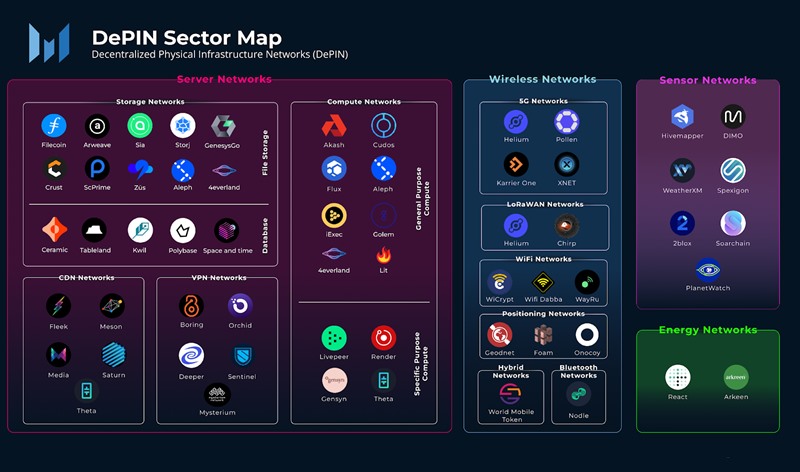
4 Types of DePIN
Depin Server Network
Decentralized server and storage networks revolutionize data storage by distributing data across multiple nodes for enhanced security and resilience. Unlike centralized servers with single points of failure, this approach safeguards data even if one node is compromised. Additionally, users only pay for the storage they use, eliminating the wastage associated with predefined packages. The server network is segmented into four specialized groups:
- Storage Network: This network is dedicated to the long-term storage of resources, further divided into file storage and database branches.
- Compute Network: Designed to handle general or specific computational tasks.
- CDN Network: While technically a data storage network, this network prioritizes high-speed access through cached records and geo-located backups, ensuring fast user access.
- VPN Network: This private virtual machine network facilitates secure connections between users through a private network.
Advantages of Decentralized Server Networks:
- Enhanced security: Reduced risk of data breaches and stronger privacy through encryption.
- Unwavering reliability: Multiple copies of data mean less downtime and no single point of failure.
- Cost-effective: Leverages unused storage, leading to competitive pricing.

Depin Wireless networks
DePIN aims to democratize internet access through a decentralized network of hotspots, in contrast to traditional ISPs with centralized infrastructures. Individual users or businesses can own and manage these hotspots, extending coverage to underserved areas like rural communities.
Some of the Wireless networks:
- 5G Network
- LoRaWAN Network
- WIFI Network
- Positioning Network
- Hybrid Network Bluetooth Network
Benefits of Decentralized Wireless Networks
- Expanded coverage: Reach underserved areas and bridge the digital divide
- Reduced costs: Lower infrastructure expenses through community participation
- Network resilience: Improved reliability through distributed architecture
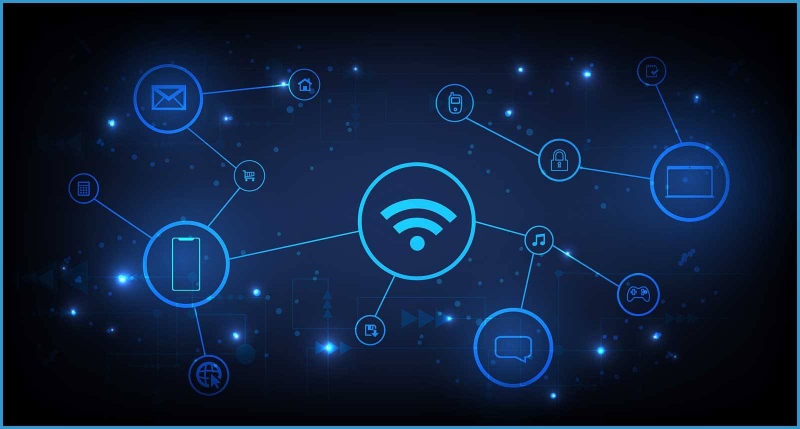
Depin Sensor networks
Sensor networks in the DePIN ecosystem focus on collecting secure and transparent data from various environments. These networks enhance data integrity and accessibility through interconnected devices with embedded sensors for real-time data collection.
Applications of DePIN Sensor Networks
- Environmental Monitoring: Air quality measurement, Water pollution detection, Climate change data collection
- Smart Cities: Traffic management, Energy consumption optimization, Waste management systems
- Agriculture: Soil moisture monitoring, Crop health assessment, Precision farming techniques
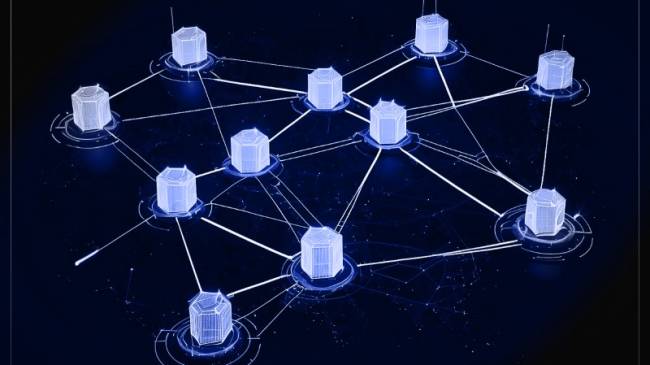
Depin Energy networks
DePIN Energy Networks empower individuals to directly share and trade excess energy. This community-centric approach bypasses the limitations of traditional net metering, allowing users to monetize their surplus energy while fostering sustainable energy consumption practices. By decentralizing the energy network, DePIN promotes energy independence and empowers communities to create a more resilient and equitable energy system.
Benefits of Decentralized Energy Networks
- Increased renewable energy adoption: Facilitates integration of small-scale renewable sources
- Grid resilience: Reduces reliance on centralized infrastructure
- Energy democratization: Empowers consumers to become active participants in the energy market
Popular DePIN Projects according to sectors
Depin Server Network
The server network sector of DePIN has seen significant development, with several projects gaining traction in the market. These projects aim to revolutionize data storage and cloud computing by leveraging decentralized technologies.
Filecoin
Filecoin, launched in August 2017 by Protocol Labs, is a pioneering decentralized data storage solution in the blockchain space. It empowers users to store their data files securely and in a decentralized manner. As one of the largest projects in the DePIN field, Filecoin boasts a market capitalization exceeding $3 billion and a fully diluted valuation (FDV) surpassing $12 billion.
Operating as a decentralized peer-to-peer network, Filecoin enables users to pay for file storage while providers earn Filecoin (FIL) to offer storage space. By fostering an open market for data storage, Filecoin aims to rival traditional providers in terms of cost-effectiveness and decentralization.
Arweave
Arweave (AR) is a decentralized data storage platform that provides on-chain storage, ensuring data files cannot be altered, censored, or tampered with. Its unique blockweave structure enhances scalability and reduces network costs.

This innovative structure links data blocks to previous block weave history, enabling miners to earn AR tokens by verifying random data. By offering permanent, censorship-resistant information storage, Arweave aims to be a long-lasting solution for NFTs, DeFi, and other data-intensive applications.
Some of DePIN Server Network Projects: Fetch AI, Render, Akash, Theta, Sia…
DePIN Wireless Networks
The wireless networks sector of DePIN focuses on creating a decentralized infrastructure for internet connectivity and communication. These projects aim to democratize access to wireless networks and provide alternative solutions to traditional telecom providers.
Helium
Helium (HNT) is a decentralized wireless network that allows users to earn HNT tokens by operating hotspots. This incentivizes the creation of a global network where devices can connect seamlessly, regardless of location. Helium is focused on providing coverage for the growing Internet of Things (IoT) and emerging 5G technologies. Its popularity has resulted in a rapid expansion, with over 900,000 hotspots currently deployed worldwide.
WiFi Map
WiFi Map is an application created with the mission of providing internet access worldwide, fueled by the belief that internet access is a fundamental human right.
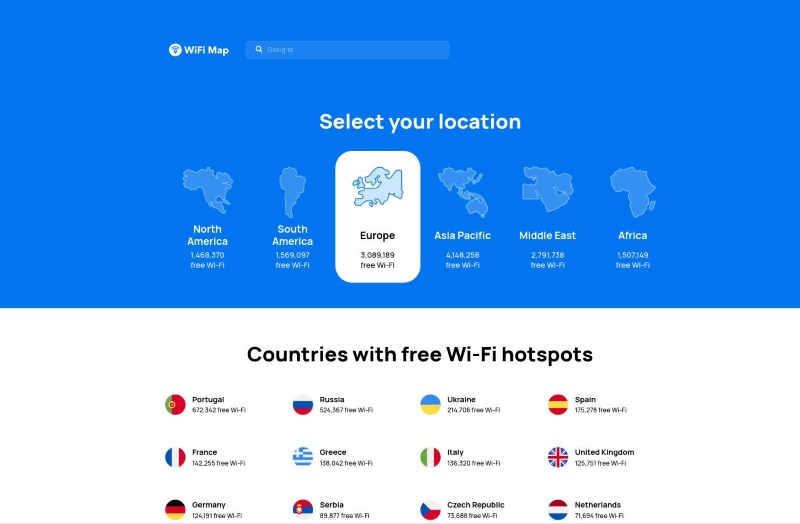
To achieve this vision, WiFi Map is building a decentralized WiFi network powered by community contributions. The project offers various services, including:
- WiFi finder services: A comprehensive global database of WiFi hotspots, contributed and maintained by the community.
- Global eSIM: Ensuring 4G/5G connectivity when WiFi is unavailable, providing seamless internet access.
- Built-in VPN: A secure, private network for enhanced online safety and privacy.
- Some of DePIN Wireless networks projects: Pollen, World Mobile Token, Foam, XNet…
DePIN Sensor networks
Sensor networks in the DePIN ecosystem focus on collecting and distributing data from various physical environments. These projects leverage decentralized technology to ensure data integrity, accessibility, and fair compensation for data providers.
Hivemapper
Hivemapper is a decentralized map-making platform similar to Google Maps, but with a twist: participants contribute to map data by using dashcams and are rewarded with HONEY tokens for their efforts. By driving or walking around with their dashcam, users actively participate in the mapping process, adding to the network's growing database.
Launched in November 2022, Hivemapper has experienced rapid growth in contributors and has amassed over 100 million km of mapped data, primarily in the US and Europe.
DIMO
The DIMO network is a decentralized platform that incentivizes users to share their vehicle data by connecting their cars to hardware devices. This valuable data, such as fuel consumption, speed, and location, can be utilized by various industries like auto finance, insurance, and maintenance. Users are rewarded with the network's native token, DIMO, for their contributions.
The DIMO network operates as a node-based system where participants with the appropriate hardware and software can join and collect telemetry data. This data is then made available to interested parties, such as automakers and insurance companies, who can leverage it to gain insights into vehicle diagnostics, driving behavior, and other relevant metrics. Contributors to the network are rewarded with DIMO tokens for their efforts.
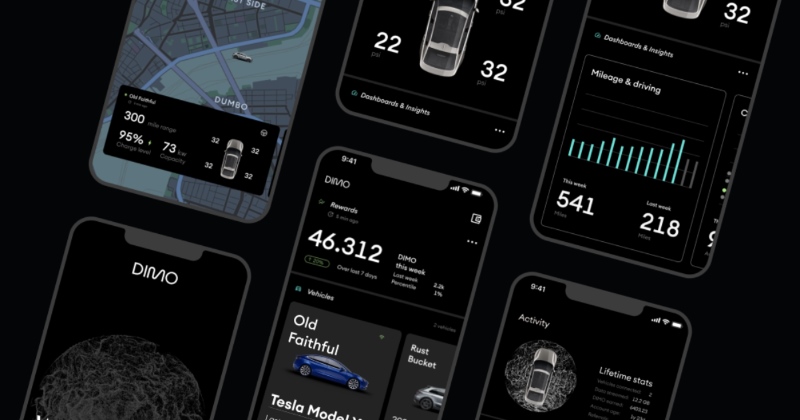
Some of the DePIN Sensor networks projects: WeatherXM, Spexigon, Planet Watch…
Depin Energy Networks
The energy networks sector of DePIN aims to create decentralized systems for energy generation, distribution, and trading. These projects leverage blockchain technology to enable peer-to-peer energy transactions and optimize energy resources.
React
React Protocol is a community network that aims to stabilize the electrical grid by connecting energy batteries and distributing excess energy. This endeavor also strives to improve the sustainability of the energy supply and provide users with a passive income opportunity known as Connect-to-Earn.
Some of DePIN Sensor networks projects: Arkreen…
DePIN projects across server networks, wireless networks, sensor networks, and energy networks are at the forefront of reshaping conventional infrastructure paradigms. By harnessing the power of blockchain technology and decentralized architectures, these initiatives are paving the way for more resilient, efficient, and democratized systems. Visit the website U2U Network to learn more about specific DePIN projects and the latest updates in this field.



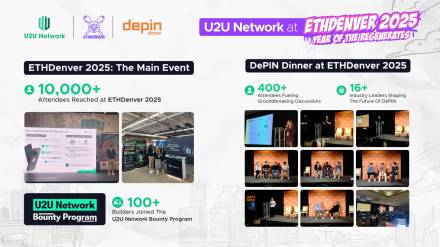

.png)
